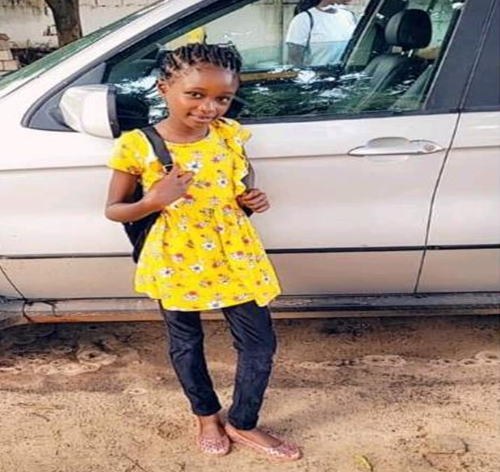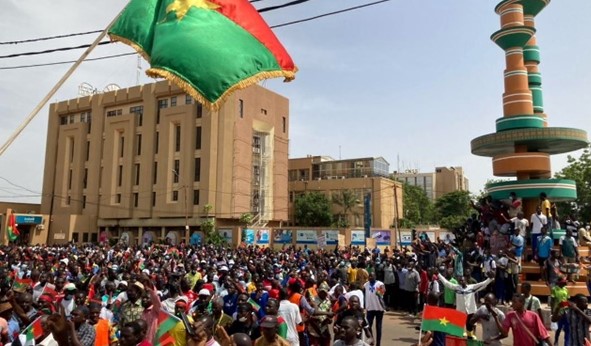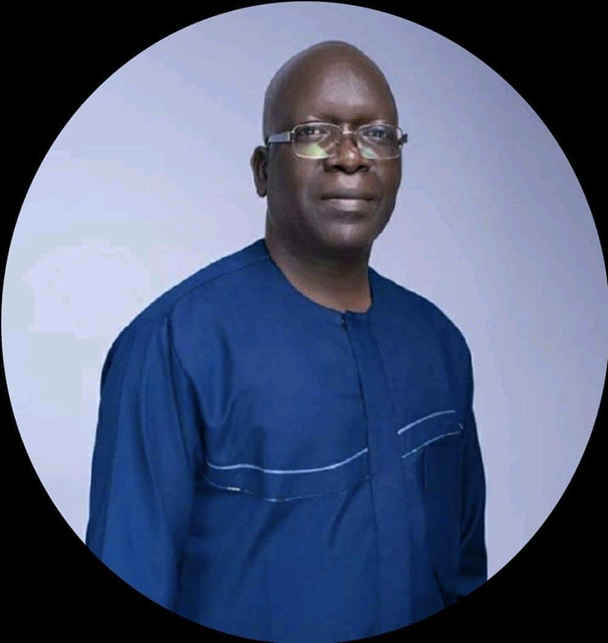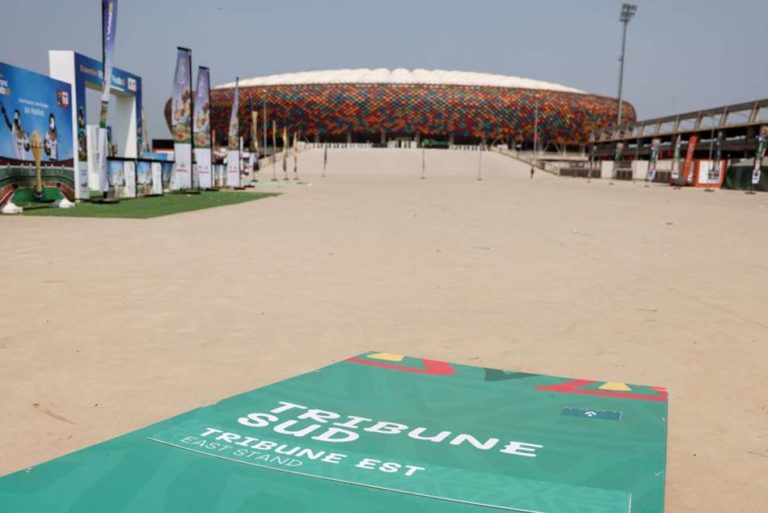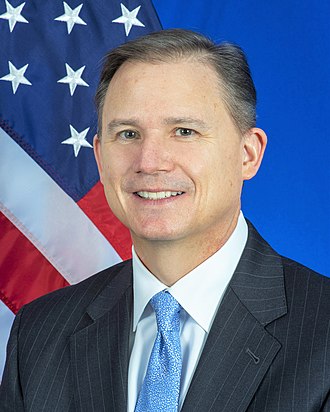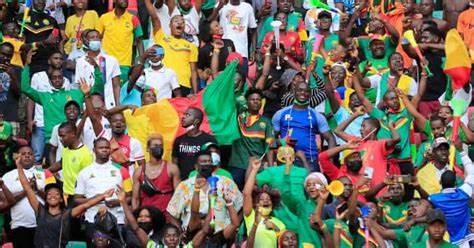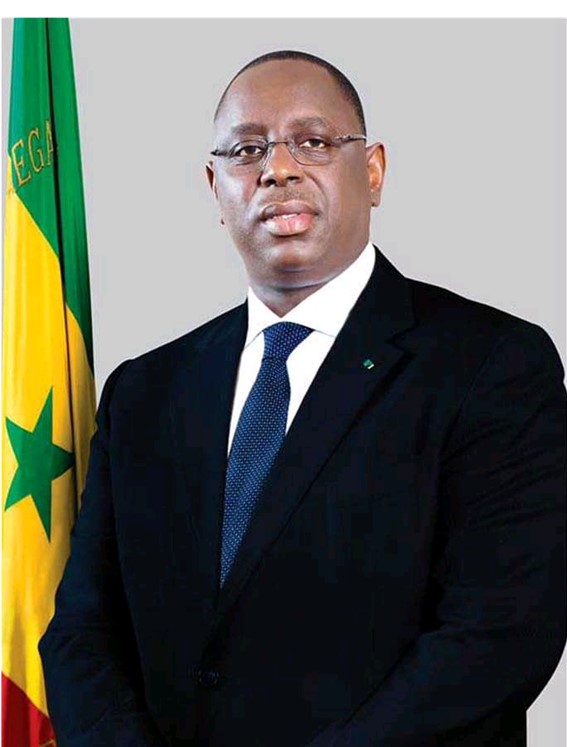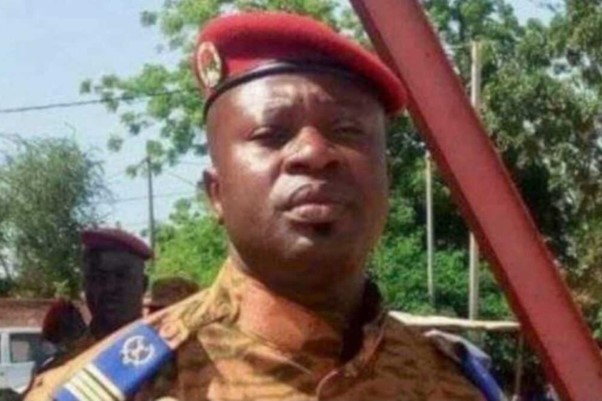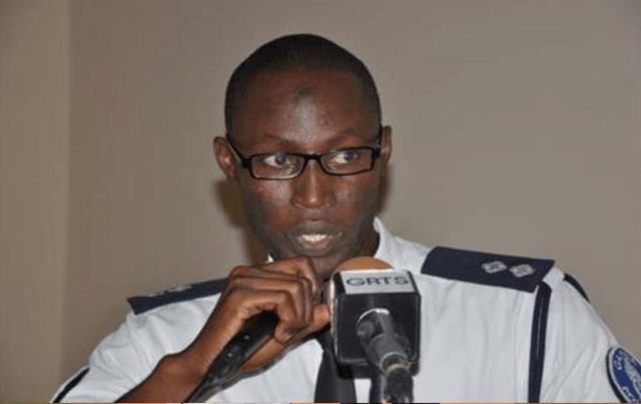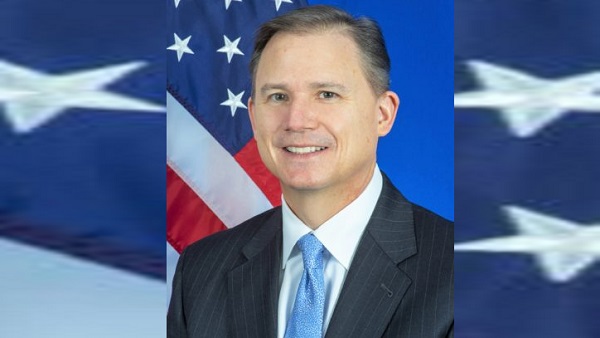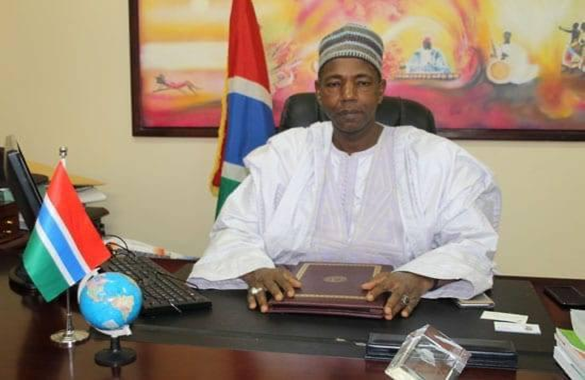A lieutenant colonel appointed to oversee security in Burkina Faso’s capital has emerged as the leader of a military coup that overthrew President Roch Kabore after heavy gunfights in Ouagadougou.
The 41-year-old officer was promoted in December to commander of Burkina Faso’s third military region by President Kabore.
Dressed in military fatigues and a red beret, Paul-Henri Sandaogo Damiba was presented as the president of the Patriotic Movement for Safeguard and Restoration (MPSR), which seized power on Monday.
“MPSR, which includes all sections of the army, has decided to end President Kabore’s post today,” a captain standing to the left of Damiba said, as he read a statement in the lieutenant colonel’s name on Radiodiffusion Television du Burkina (RTB).
The 41-year-old officer had been promoted in December by Kabore to commander of Burkina Faso’s third military region in what some analysts viewed as an effort by the beleaguered president to shore up support within the army.
The appointment to the strategic position followed an attack by fighters on a gendarmerie post in the northern town of Inata that killed 49 military officers and four civilians.
Reports that the troops had gone without food rations for two weeks sparked anti-government protests and calls for Kabore to step down.
In his new post, Damiba proceeded to reorganise the military ranks, appointing new officers to key roles with the declared intent of battling the uprising.
As a contrast to Kabore, who was faulted by the army for the rising rebel violence, Damiba has sought to present himself as an expert in countering terrorism.
He studied at a military academy in Paris, obtaining a master’s degree in criminal sciences from the Conservatoire National des Arts et Metiers.
In June, he published a book titled West African Armies and Terrorism: Uncertain Responses? in which he analysed anti-terrorism strategies in the Sahel region and their limits.
From 1987 to 2011, he was part of the Regiment of Presidential Security (RPS) of former president Blaise Compaore, who was overthrown in 2014 after hundreds of thousands of people took to the streets in protest at plans to extend his rule.
The unit was then dissolved by the transitional government, a move that caused resentment among some officers.
According to L’Observateur newspaper, Damiba quit the RPS in 2011 following a wave of protests and a violent army mutiny.
He was later posted to the northeastern town of Dori as Commander of the 11th Infantry Commando Regiment (RIC) and to the northern town of Ouahigouya as Commander of the 12th RIC.
In 2015, Damiba and other officers took part in an attempted coup that briefly deposed the transitional government.
He later testified in the trial of conspirators behind the coup, according to reports from the time in Burkinabe media, discussing his contacts with some of the putschists.
Following the events in 2015, Damiba left the country to pursue further military studies, according to L’Observateur, which did not provide further details on his time abroad.
Upon his return, he took the leadership of the 30th RCAS, a regiment tasked with supporting Burkina Faso’s counterterrorism strategy.
On December 3, Kabore entrusted Damiba with protecting Ouagadougou from the threats posed by a religious rebellion.
Analysts have suggested Monday’s coup started off as a mutiny in a military base hosting a prison where some of the key military figures that were involved in the 2015 coup attempt are imprisoned.
Source: Aljazeera

